Description
S6720-32C-PWH-SI overview
Huawei S6720-26Q-SI-24S-AC with 24 10GE SFP+ ports, 2 40GE QSFP+ ports. The S6720-SI is one of the multigigabit fixed switches with the highest performance in the industry, providing line-rate multigigabit 100M/1G/2.5G/5G/10G access ports and 40GE uplink ports. It can be used to provide high-speed access for APs and 10 Gbit/s access to high-density servers or function as a core/aggregation switch on a campus network to provide 40 Gbit/s rates. In addition, S6720-SI provides a wide variety of services, comprehensive security policies, and various QoS features to help customers build scalable, manageable, reliable, and secure campus and data center networks.
S6720-32C-PWH-SI appearance and structure
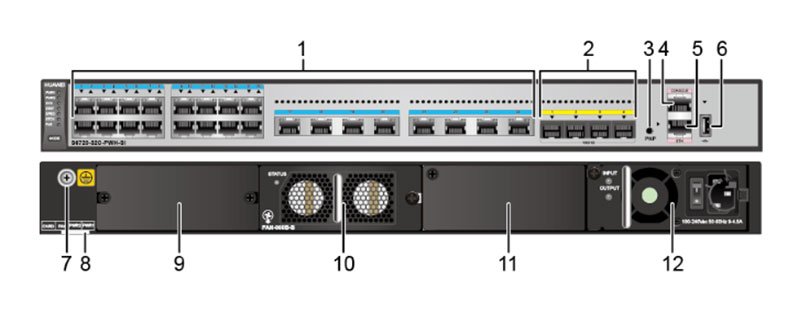
| 1. Twenty-four PoE++ 100M/1000M/2.5G/5G/10G BASE-T ports (MultiGE port) | 7. Ground screw |
| 2. Four 10GE SFP+ ports | 8. ESN label |
| 3. PNP button | 9. Rear card slot |
| 4. One console port | 10. Fan slot |
| 5. One ETH management port | 11. Power module slot 2 |
| 6. One USB port | 12. Power module slot 1 |


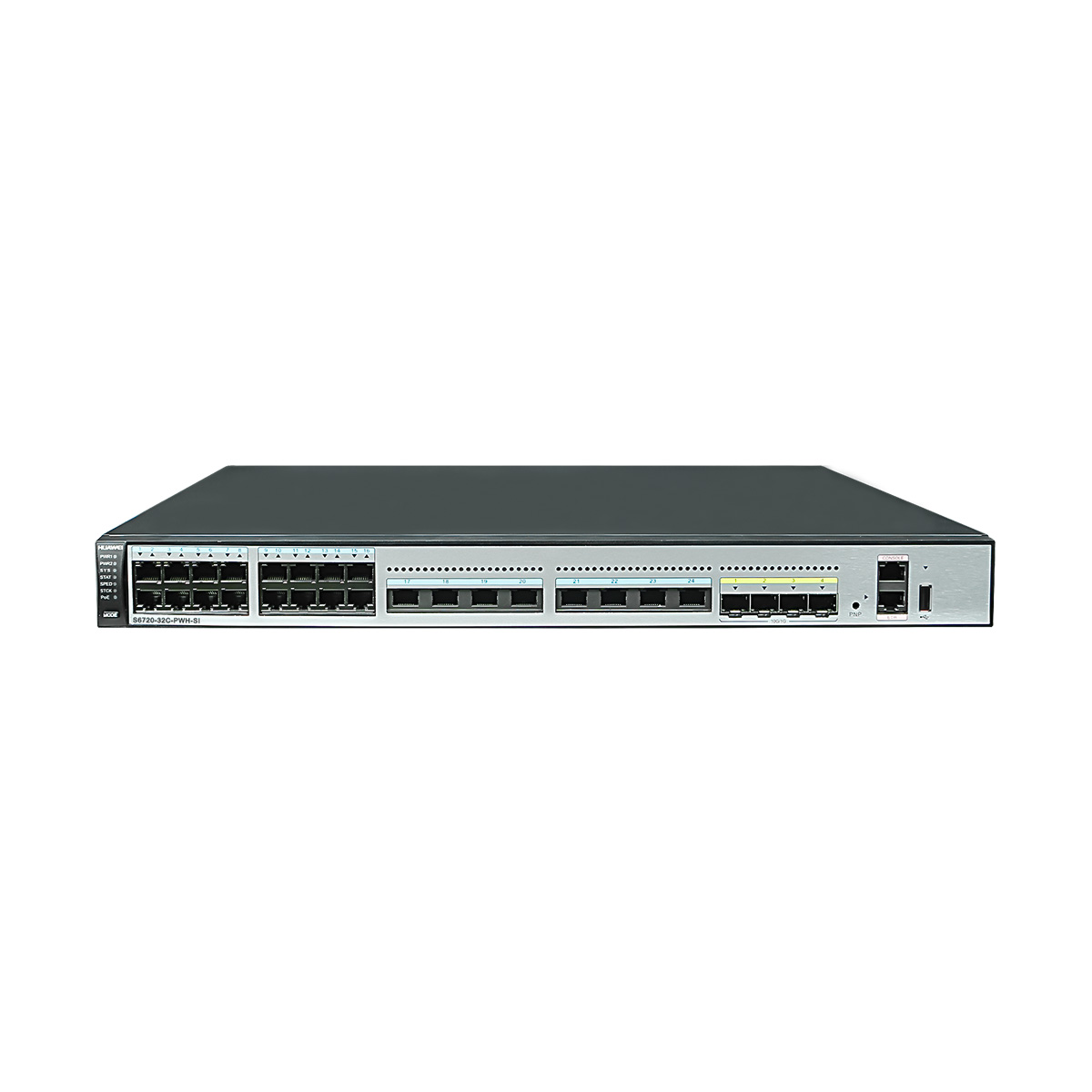
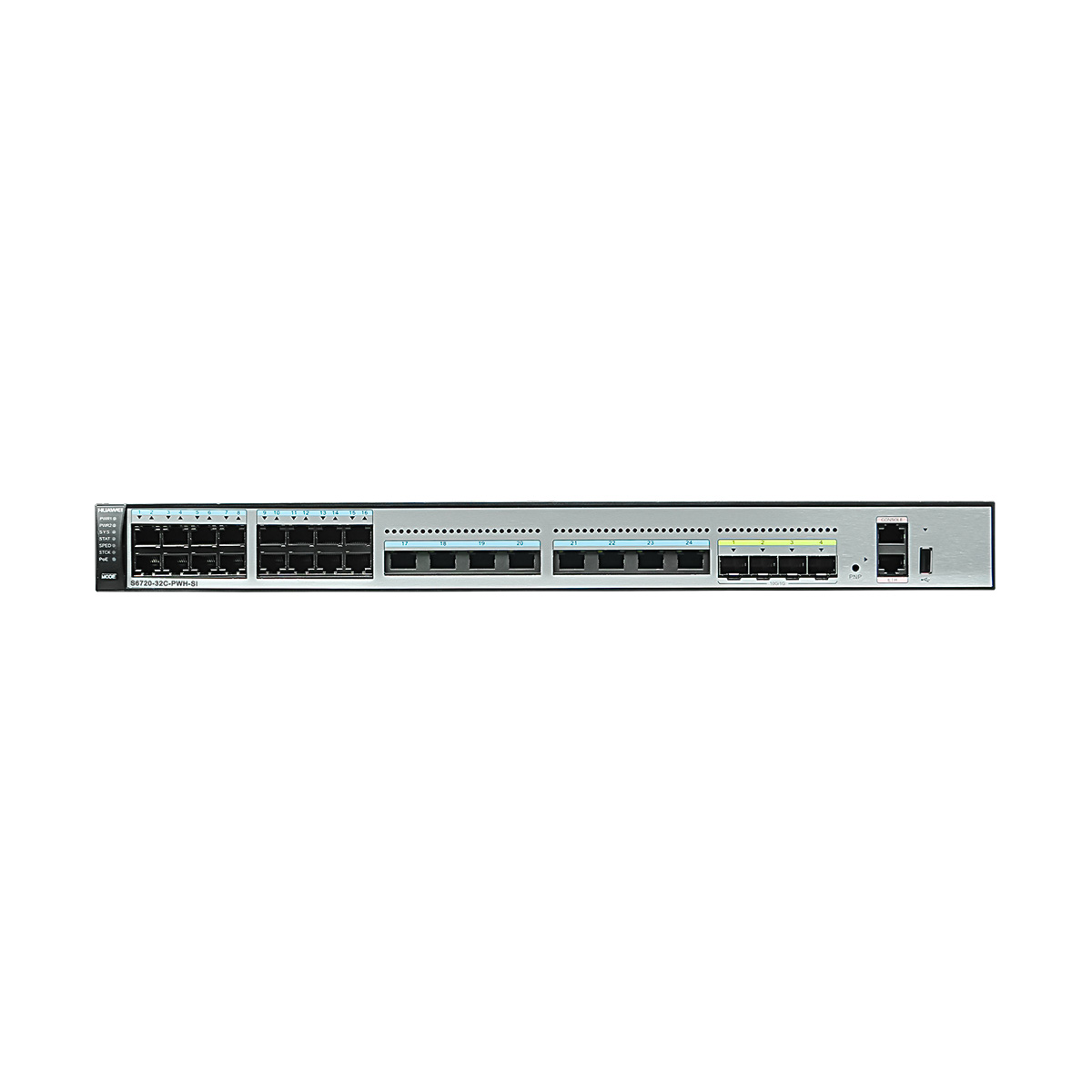
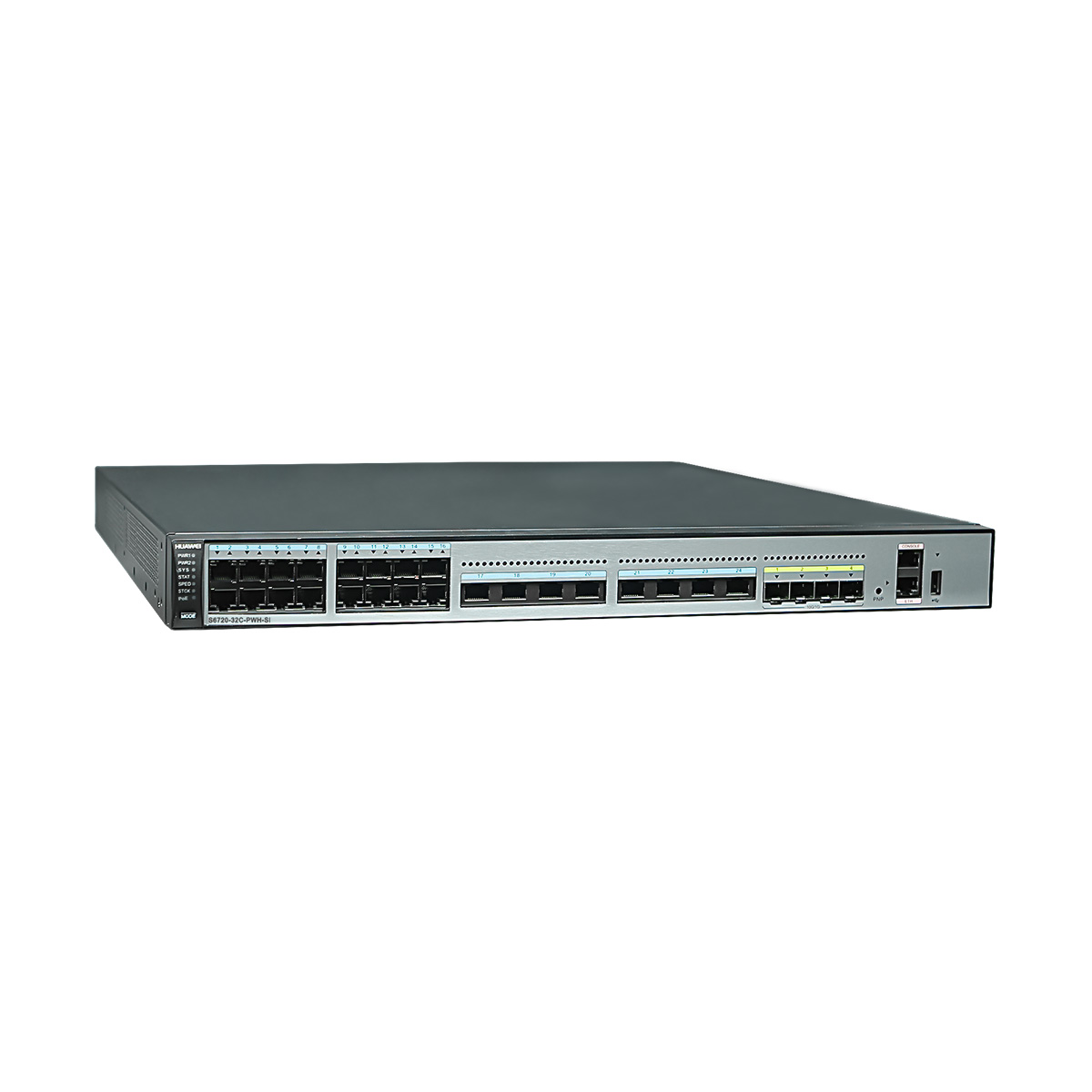
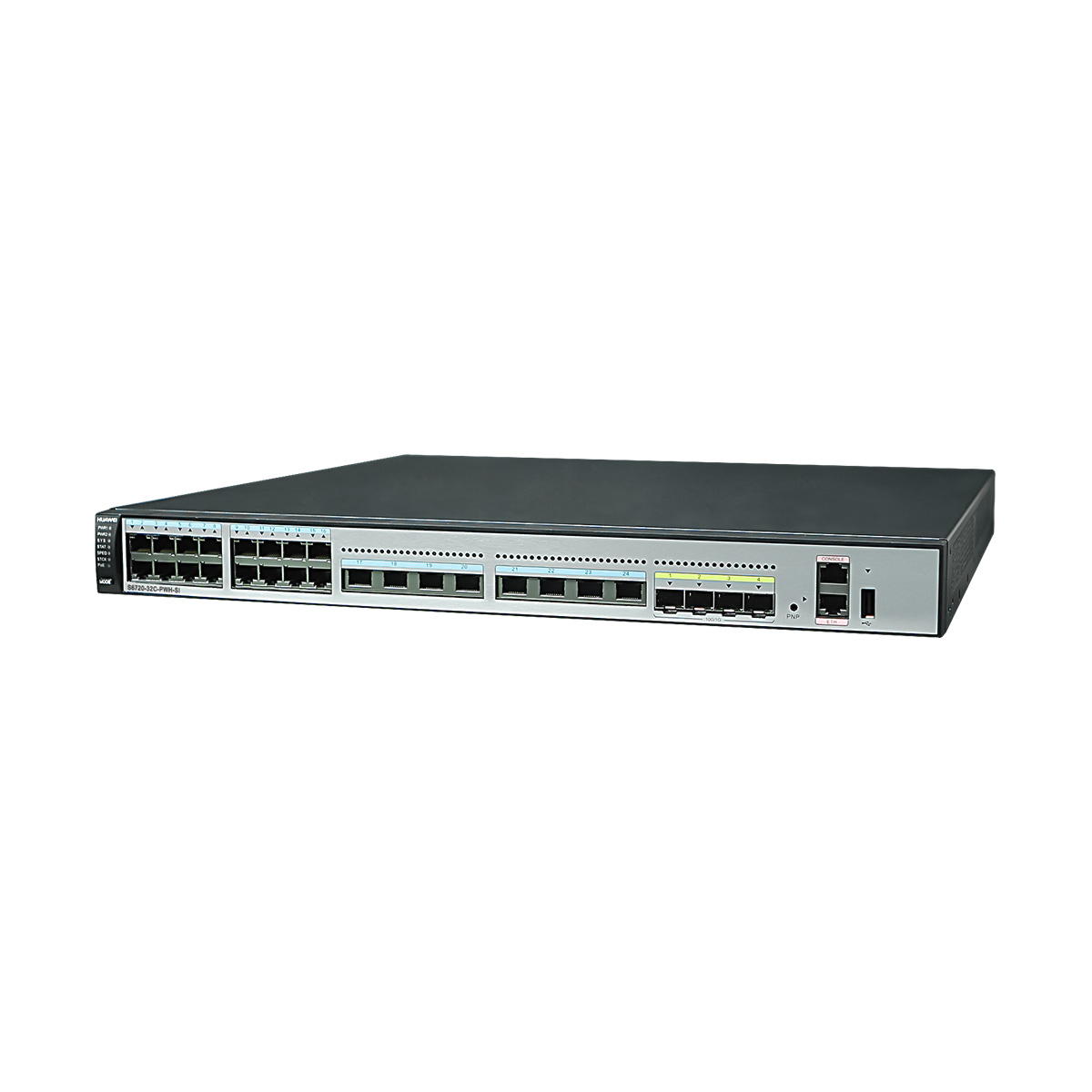
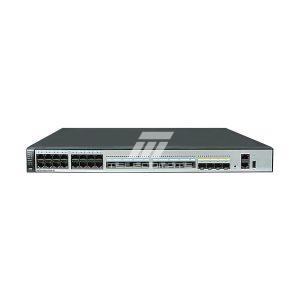
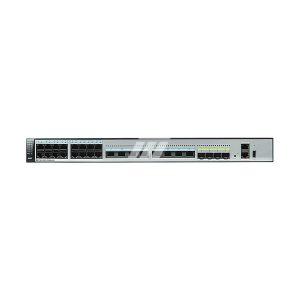


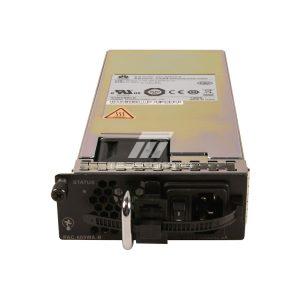
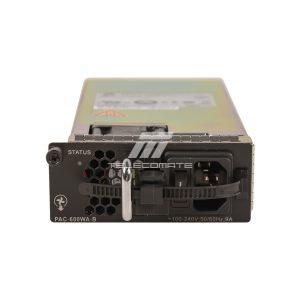
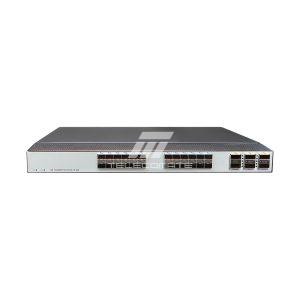
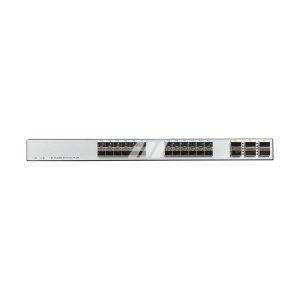
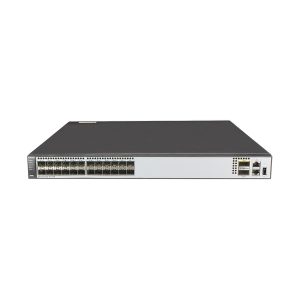
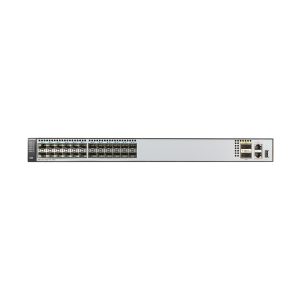
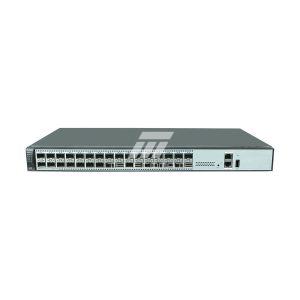
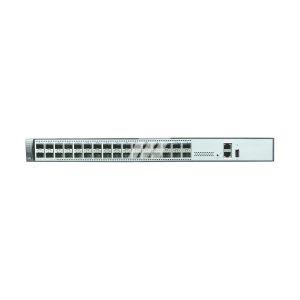
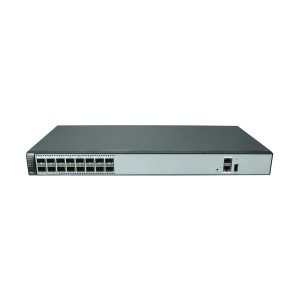
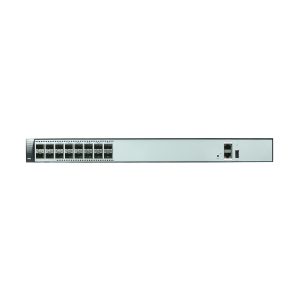
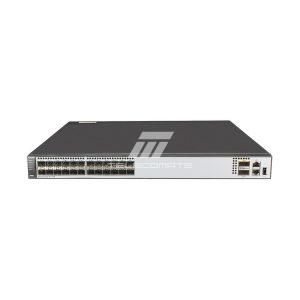
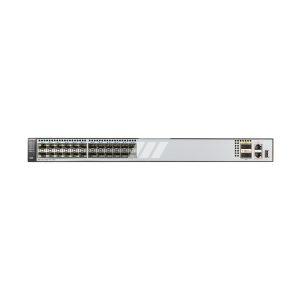
Fausto –
I can’t say anything bad. Works as expected.